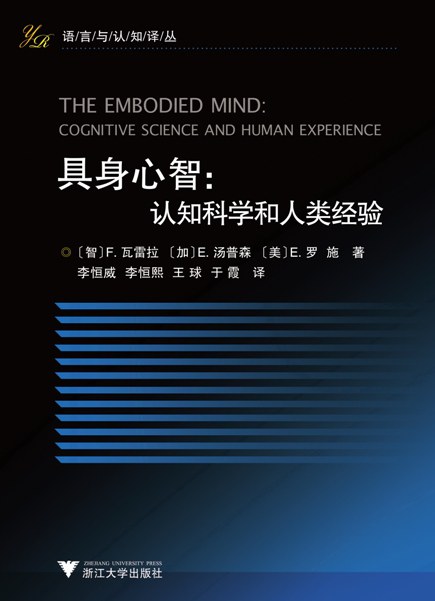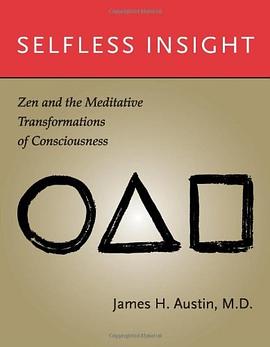When neurology researcher James Austin began Zen training, he found that his medical education was inadequate. During the past three decades, he has been at the cutting edge of both Zen and neuroscience, constantly discovering new examples of how these two large fields each illuminate the other. Now, in Selfless Insight, Austin arrives at a fresh synthesis, one that invokes the latest brain research to explain the basis for meditative states and clarifies what Zen awakening implies for our understanding of consciousness. Austin, author of the widely read Zen and the Brain, reminds us why Zen meditation is not only mindfully attentive but evolves to become increasingly selfless and intuitive. Meditators are gradually learning how to replace over-emotionality with calm, clear objective comprehension. In this new book, Austin discusses how meditation trains our attention, reprogramming it toward subtle forms of awareness that are more openly mindful. He explains how our maladaptive notions of self are rooted in interactive brain functions. And he describes how, after the extraordinary, deep states of kensho-satori strike off the roots of the self, a flash of transforming insight-wisdom leads toward ways of living more harmoniously and selflessly. Selfless Insight is the capstone to Austin's journey both as a creative neuroscientist and as a Zen practitioner. His quest has spanned an era of unprecedented progress in brain research and has helped define the exciting new field of contemplative neuroscience.

